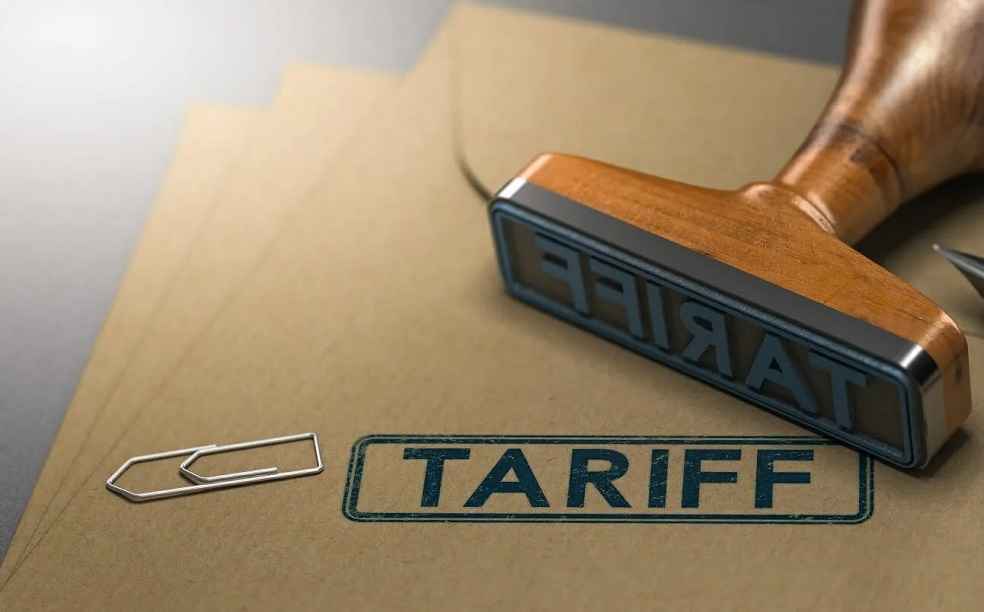Turkey has declared a 40% additional tariff on car imports from China, set to take effect from July 7. This strategic move aims to shield the national automotive sector and counteract a growing current account deficit. Detailed by the country’s trade ministry, the tariff will also include a base charge of $7,000 per vehicle, reflecting a robust approach to managing the influx of subsidized Chinese electric and hybrid vehicles.
The imposition aligns with global automotive trade trends, where economies worldwide are reassessing import policies to support local industries. With the European Commission poised to decide on similar provisions, the international market may experience a significant recalibration in trade practices and price frameworks.

The Turkish government’s decision is a tactical element of a broader economic strategy designed to fortify domestic production capabilities and stimulate local investment. Through enhancing regulations and incentivizing local manufacturing, Turkey confronts its substantial current account shortfall, which stood at $45.2 billion the previous year.
Turkey’s regulatory framework for the automotive sector expanded in 2023, encompassing not only new tariffs on electric vehicles from China but also enhanced standards for vehicle maintenance and services. These initiatives are pivotal components of Turkey’s economic strategy, aiming to transform its industrial base and reduce import dependency.

As nations navigate post-pandemic recovery and shifting economic paradigms, Turkey’s recent tariff policy exemplifies the intricate balance between protecting domestic interests and engaging in global trade dynamics. This measure marks a critical step in Turkey’s ongoing efforts to bolster economic sovereignty and competitive standing in the global automotive market.
LEADERS SPOT | Putin Highlights Russia’s Strong Trade Role Despite Sanctions at Economic Forum



